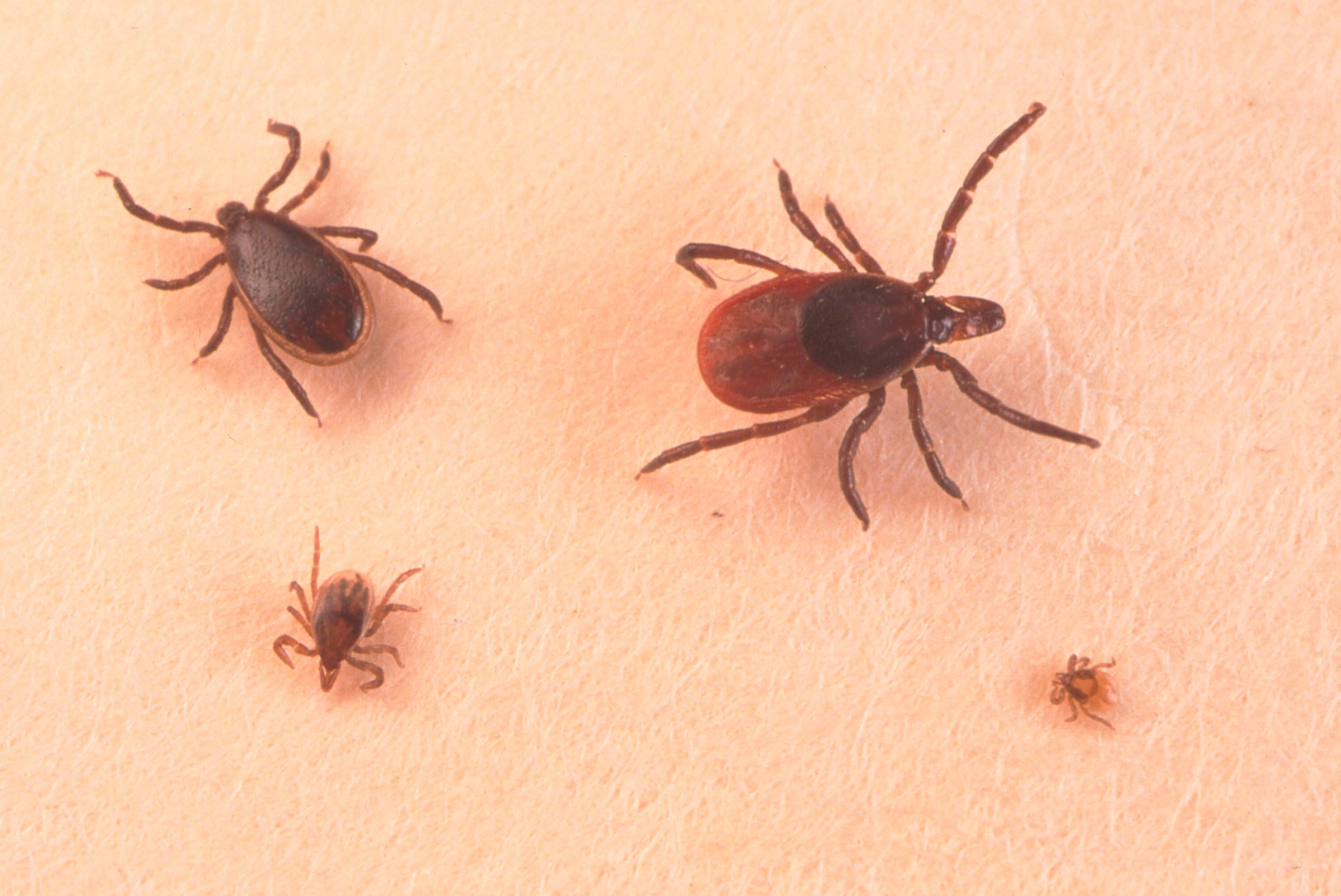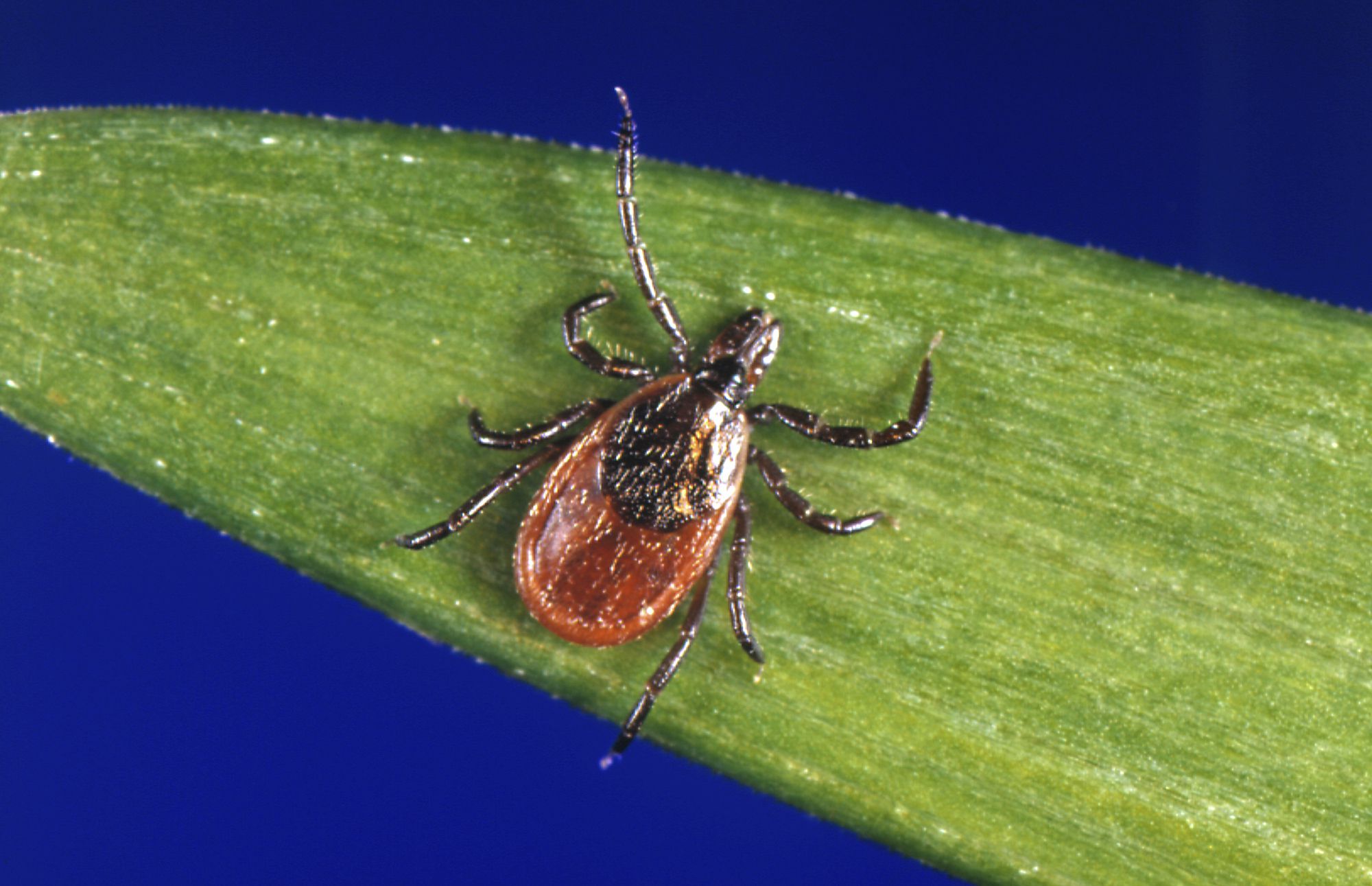Sharon, Massachusetts, has confirmed its first case of Powassan virus, a tick-borne illness that has raised concerns due to its increasing prevalence in humans. The Sharon Health Department issued a warning to residents following the report of the case on April 25. Situated in Norfolk County, approximately 25 miles south of Boston, Sharon is now grappling with the presence of this rare yet potentially severe disease.

What is the Powassan Virus?
Powassan virus, transmitted through tick bites, has garnered attention from health authorities due to its rising incidence in recent years. While still considered rare by the Centers for Disease Control and Prevention (CDC), the number of reported cases has been on the rise. Ticks, more active during warmer months from April to September, pose a heightened risk of transmitting the virus during this period.
The virus, initially discovered in Powassan, Ontario, Canada, in 1958, primarily affects regions in the Northeast and Great Lakes areas. Its transmission does not occur through coughing, sneezing, or casual contact but rather through tick bites. Although uncommon, there have been rare instances of person-to-person transmission through blood transfusions.
Symptoms and Risks
While many individuals infected with the Powassan virus remain asymptomatic, those who do exhibit symptoms may experience fever, headache, vomiting, and weakness within one to four weeks post-tick bite. In severe cases, the virus can lead to conditions such as encephalitis (brain infection) or meningitis (infection of brain and spinal cord membranes). Severe disease manifestations may include confusion, loss of coordination, difficulty speaking, seizures, and, tragically, a mortality rate of approximately one in ten individuals.
Furthermore, around half of those affected by severe disease may suffer from long-term health complications, including recurring headaches, muscle weakness, and memory impairment. Despite ongoing research efforts, there are currently no vaccines or specific treatments available for the Powassan virus, underscoring the importance of preventive measures.
Preventive Measures and Tick Awareness
To mitigate the risk of Powassan virus infection, the CDC advocates for proactive tick avoidance strategies. Ticks are commonly found in grassy, wooded, or brushy environments and can latch onto both humans and animals. To minimize exposure, individuals are advised to steer clear of tick-prone areas, utilize insect repellents containing EPA-registered ingredients, and treat clothing and gear with permethrin-based products.

Upon returning indoors, thorough tick checks are essential, focusing on areas such as underarms, ears, belly button, knees, hair, and groin. Ticks should be promptly removed, and clothing can be effectively sanitized by tumble drying on high heat. Given the potential severity of Powassan virus infection, fostering public awareness and adherence to preventive measures remains imperative in safeguarding community health and well-being.
